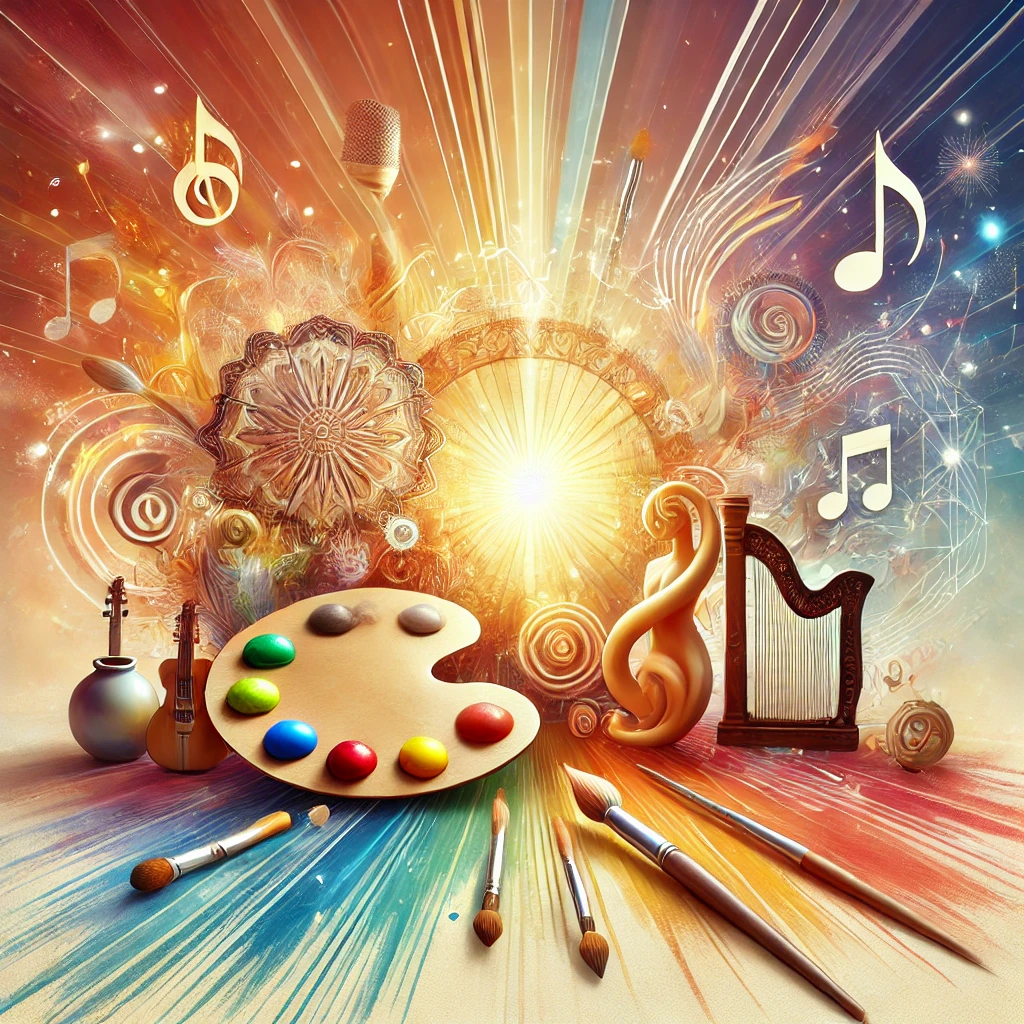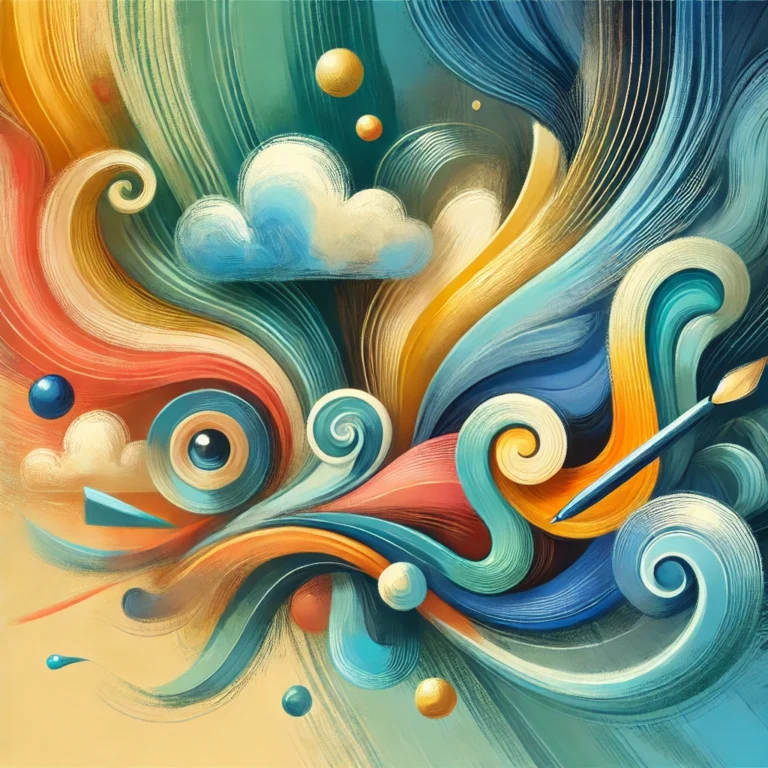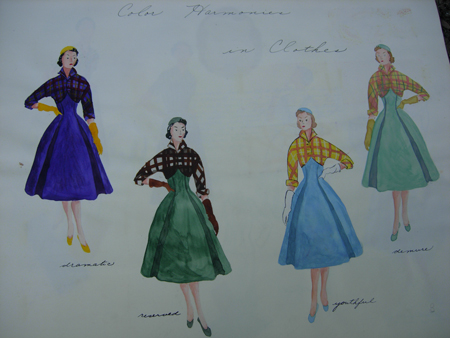Ten lessons the arts teach

In today’s world and political climate, art and artists are needed more than ever. Here are ten qualities of being that they give us….
1. The arts celebrate multiple perspectives. One of their large lessons is that there are many ways to see and interpret the world. Problems can have more than one solution and questions can have more than one answer.
2. The arts teach us that small differences can have large effects. The arts traffic in subtleties and allow us to become sensitive to nuance.
3. With art, judgment prevails over rules. We learn how to dwell in the unknown and see unlikely connections.
4. The arts allow us to learn about qualitative relationships. The beauty of a work is measured by its quality, rather than its quantity.
5. The arts teach us that in complex forms of problem solving, purposes are seldom fixed, but change with circumstance and opportunity. Learning in the arts requires the ability and willingness to surrender to the unanticipated possibilities of the work as it unfolds.
6. The arts make vivid the fact that neither words in their literal form nor numbers exhaust what we can know. The limits of our language do not define the limits of our understanding of the world.
7. The arts teach us to think through and within a material. All art forms employ some means through which images become real.
8. The arts help us learn to say what cannot be said. When we share what a work of art makes us feel, we must reach into our metaphoric capacities to find the words.
9. The arts enable us to engage in experiences that we can have from no other source, and through such experience… we discover the range and variety of what we’re capable of feeling and knowing.
10. The arts show us how to engage with something larger than ourselves. We’re no longer ‘small little brains’ walking around on the planet…we’re in touch with something greater.
Note: Elliot Eisner, professor of Education at Stanford, wrote a chapter fifteen years ago about what art in school teaches children. I’ve always wanted to expand upon what he wrote for adults, because in our violent, aggressive culture, we all need what art gives us. (To check out Eisner’s piece for children, see Chapter 4, “What the Arts Teach and How It Shows” pp. 70-92, in Eisner, E. 2002. The Arts and the Creation of Mind. Yale University Press.)





